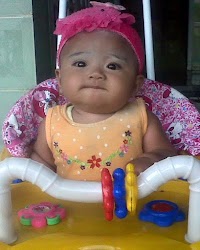Konclus-The Conclusion Of The Book "Teaching Critical Thinking: Practical Wisdom by bell hooks (Author)". In "Teaching Critical Thinking: Practical Wisdom" by bell hooks, readers are guided through a transformative journey that transcends the boundaries of traditional education. As hooks emphasizes the importance of critical thinking, she unveils the power of practical wisdom in shaping not just the minds, but also the hearts of learners.
One key takeaway from hooks' work is the recognition that critical thinking is not merely an intellectual exercise but a holistic approach that involves emotional and ethical dimensions. By weaving personal anecdotes, pedagogical insights, and a commitment to social justice, hooks invites readers to embrace a more profound understanding of critical thinking—one that goes beyond the confines of the classroom and resonates in everyday life.
Throughout the book, hooks advocates for an inclusive and participatory learning environment, where students are not just passive recipients of knowledge but active agents in their own education. She challenges the conventional power dynamics in education and urges educators to create spaces that empower students to question, analyze, and challenge prevailing norms.
Practical wisdom, as hooks defines it, is the ability to apply critical thinking in real-world situations, fostering a deeper connection between knowledge and action. It is not just about acquiring information but using that information to navigate the complexities of life with empathy, compassion, and a commitment to justice. In this way, hooks underscores the transformative potential of education, emphasizing its role in shaping individuals who are not just academically proficient but socially conscious and ethically grounded.
As we conclude our exploration of "Teaching Critical Thinking: Practical Wisdom," it is evident that bell hooks has gifted us with more than a guide to effective teaching; she has provided a roadmap for creating a more just and compassionate society. By intertwining theory and practice, hooks challenges us to reimagine education as a tool for liberation, where critical thinking becomes a force for positive change. The book serves as an inspirational call to action for educators, students, and lifelong learners to embrace the power of critical thinking as a catalyst for personal and societal transformation.



